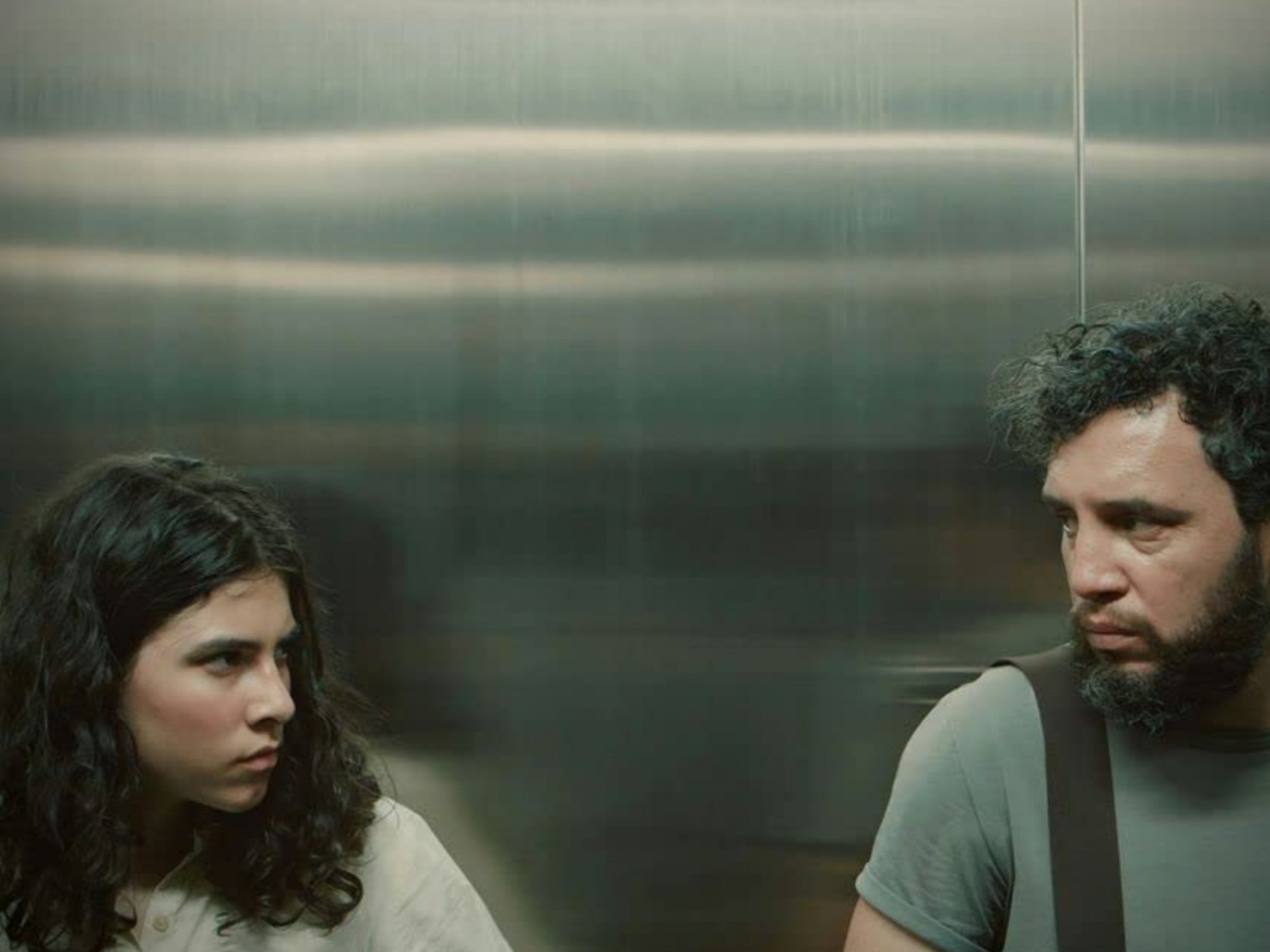
- Golden Globe Awards
I Have Electric Dreams (Costa Rica, Belgium, France)
It’s not very often that a first-time director presents her film in a big festival and walks away as the big winner of the night. That’s exactly what happened to Valentina Maurel, who in August launched her career with I Have Electric Dreams in Locarno: she won as Best Director while also celebrating the triumphs of her casting choices, Daniela Marin Navarro as Best Actress and Reinaldo Amien as Best Actor. Interestingly, since then the film has been in a non-stop winning streak taking awards in many film festivals around the world, such as the Grand Prix in Ghent, the FIPRESCI and FEISAL awards in Mar del Plata, the Horizons Award in San Sebastian, the International Competition in Thessaloniki and the New Visions Award in Reykjavik.
I Have Electric Dreams centers on the relationship between a teenage daughter, Eva (Navarro) and her divorced father (Amien). They love each other but there’s constant tension between the two and sometimes violence explodes in the house they share with Eva’s youngest sister (Adriana Costa García). Things are calmer when the girls spend time with their mother, Sol (Adriana Costa Garcia) but Eva prefers the more unpredictable life with his father, especially when his friends are around. And particularly when one of them is in the house, a man she is looking at as a woman, and not as girl.
In an interview with GoldenGlobes.com, Maurel explained her process when developing the film, a coproduction between her native country, Costa Rica, and her adoptive one, France, as her father is French: “I mixed a bit of my two previous shorts. In one I spoke about a father that’s a bit dysfunctional, and the other was about the coming of age of a teenager. I felt the need of uniting both stories into one, adding the subject of violence during the writing process. I’m really interested in developing characters and the complex relations they have between them”, she said.
During the same interview, she also spoke about the international success of several films from Costa Rica, most of them co-productions with Europe, and her need to return to her hometown to film even if she has been living abroad for many years.
“It would have been much easier to make this film in France with a whole French cast, but I’m very aware there are not many films made in Costa Rica where you can see the city, the middle class and a different vision of Central America. There’s a mix between my own process to tell intimate stories and the need be a Costa Rican filmmaker. That’s why there so many directors starting their careers in Central America or in countries with not much cinema, because the weight of the traditional models is not that overwhelming”, she explained.